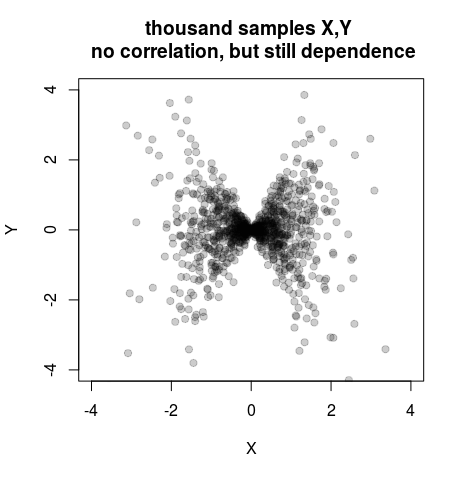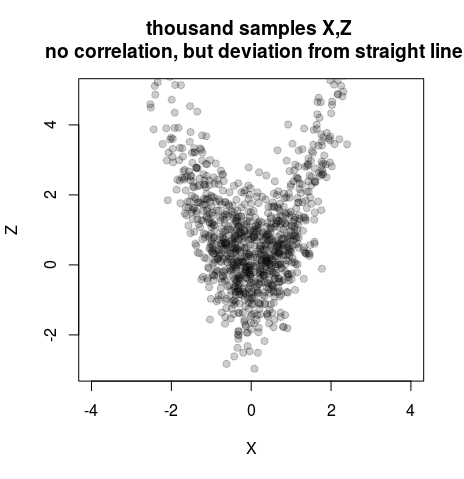Suppose $X$ and $Y$ are real random variables that are uncorrelated. Now, uncorrelated does not imply independence, so $E[X \mid Y] \ne E[X]$.
However, can they be said to be approximately equal? If so, under what conditions does that approximation hold? (I realize that the equality is exact when $X,Y$ is a multivariate Gaussian, but I want to know more generally when the equality can be approximated.)
As a bonus, is it possible to do an expansion of $E[X \mid Y]$ that looks like "$E[X] + $higher order terms", so we can see explicitly when those higher order terms can be said to be negligible? Let's assume that $p(X \cap Y)$ is continuous and infinitely differentiable.


